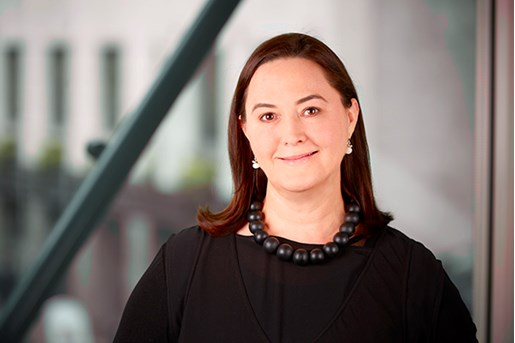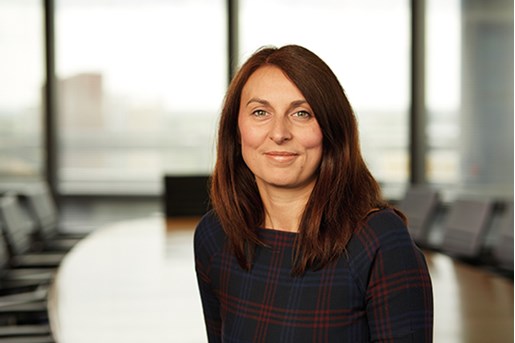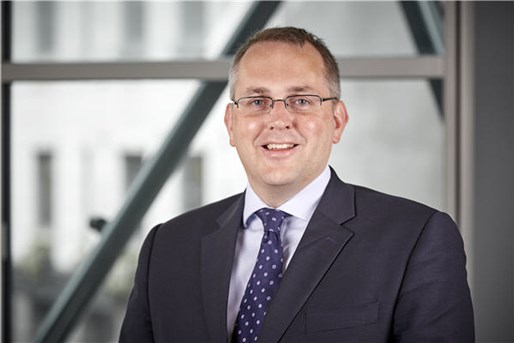Read on for the latest news and updates in bribery and corruption; money laundering; cyber crime and more...
Bribery and Corruption
Italian oil company Eni pays USD 24.5m to resolve US bribery investigation
Italian oil company Eni S.p.A has paid the US Securities and Exchange Commission (SEC) USD 24.5m to settle allegations related to an improper payment scheme in Algeria by its subsidiary Saipem.
The SEC alleges that Saipem entered into four sham agreements with an intermediary to help obtain contracts from Algeria's state owned oil company. Approximately USD 198m was paid to the intermediary, which directed a portion of the money to Algerian government officials or their designees. The USD 24.5m payment by Eni settles charges that Eni had violated books and records and internal accounting controls provisions.
SEC, 17 April 2020
Money Laundering
Kazakhstan to limit cash withdrawals to combat money laundering and corruption
Kazakhstan's central bank has stated that it will limit cash withdrawals by companies from 1 June 2020 to combat illicit economic activity and curb money laundering and corruption. The limits will be dependent on the size of the company, and there will be some exceptions to the withdrawal rules covering companies such as food retailers. Other exceptions may also be granted on a case by case basis. These limits are expected to last until the end of the year.
Reuters, 21 April 2020
New version of Correspondent Banking Due Diligence Questionnaire published by the Wolfsberg Group
The Wolfsberg Group, which develops frameworks and guidance for the management of financial criminal crime risks, has published a new version of its Corresponding Banking Due Diligence Questionnaire (CBDDQ). The changes to the CBDDQ are aimed at making the questionnaire easier to use, and to clarify some of the wording used in the previous version. The Wolfsberg Group has called for the banking industry and supervisory authorities to continue to adopt the CBDDQ to achieve a higher standard for higher risk correspondent banking activity.
Wolfsberg Group, 17 April 2020
Fraud
Kingfisher Airlines businessman loses UK appeal against extradition to India to face fraud charges
Indian businessman Vijay Mallya has lost his appeal against a decision to extradite him from the UK to India to face fraud allegations. The charges result from the collapse of his company Kingfisher Airlines, which left over USD 1.4bn in unpaid debts to mostly state-owned Indian banks. The Government of India allege that the loans were obtained by means of a conspiracy to defraud and by fraudulent misrepresentation.
Mr Mallya appealed against a decision of a Senior District Judge sitting in Westminster Magistrates' Court in 2018 to send his case to the Secretary of State, who subsequently authorised Mr Mallya's extradition. High Court judges rejected Mr Mallya's appeal, ruling that there was a "prima facie case of fraud by false representation".
The Guardian, 20 April 2020
Specialist police unit funded by the banking industry targets Covid-19 scams
The Dedicated Card and Payment Crime Unit (DCPCU), a banking-industry funded police unit which targets criminal gangs responsible for fraud, has disrupted various gangs involved in sending Covid-19 related scam texts and emails to the general public. Such emails and text messages may claim to be from the government or other trusted organisations, sometimes offering payments or tax refunds related to the outbreak, and are designed to trick people into giving away their financial and personal information.
UK Finance, 17 April 2020
Cyber Crime
FSB consultation on Effective Practices for Cyber Incident Response and Recovery
The Financial Stability Board (FSB) has published a consultation report on Effective Practices for Cyber Incident Response and Recovery, which aims to assist financial institutions in their cyber incident response and recovery. The toolkit lists the effective practices needed to contain and recover from a cyber incident, covering the topics of governance, preparation, analysis, mitigation, restoration, improvement and coordination and communication.
The consultation was sent to G20 Finance Ministers and Central Bank Governors on 15 April 2020. Responses to the consultation are due by 20 July 2020.
FSB, 20 April 2020
NCA warns that criminals are adapting to evade law enforcement during Covid-19
The National Crime Agency (NCA) has advised that criminals such as fraudsters and cyber criminals are trying to evade law enforcement by adapting their behaviour under the Covid-19 lockdown. The NCA is working with partners to tackle cyber criminals who are exploiting the Covid-19 pandemic to disseminate ransomware, malware and phishing campaigns against organisations and individuals.
NCA, 16 April 2020
Sanctions
OFAC amends licence for Venezuelan oil activities
The US Office of Foreign Assets Control (OFAC) has issued an amendment to existing licensing exemptions that allow five American oil and gas companies to conduct business with state-owned Venezuelan oil company PdVSA, which is targeted by US sanctions.
General License 8F is narrower than the preceding authorisation and now allows those companies to conduct only oil-related transactions and activities incident and necessary to the limited maintenance of essential operations and contracts in Venezuela. The companies are Baker Hughes, Chevron, Halliburton, Schlumberger and Weatherford. General License 8F replaces 8E and will remain in place until 1 December 2020.
OFAC, 21 April 2020
Industrial Bank of Korea agrees to USD 86m DPA
The Industrial Bank of Korea (IBK) has agreed to pay a total of USD 86m to settle US and New York state criminal and civil charges relating to an alleged transfer of more than USD 1bn to Iran in violation of US sanctions.
The US Department of Justice found that IBK had failed to implement an anti-money laundering programme, and this led to the processing of over USD 10m of transactions from Korean to Iranian entities and approximately USD 1bn of transactions on behalf of IBK customers that would have been prohibited by US sanctions. Under the terms of the Deferred Prosecution Agreement, IBK is required to adopt an AML programme and file semi-annual compliance reports, in addition to the financial penalty.
US Department of Justice, 20 April 2020
Health & Safety
HSE issues open letter to the food industry regarding face mask shortages
Due to the restricted supply of dust masks (PPE) in the food industry caused by Covid-19, the Health and Safety Executive (HSE) has issued an open letter providing guidance to employers that rely on PPE to control exposure to hazardous substances. The HSE has advised that suitable control can often be achieved using good working practices and local exhaust ventilation, which then means that employees do not need to wear PPE and reduces overall pressure on the supply chain. Specific guidance has been produced for bakeries, whose staff can be at risk of contracting occupational asthma due to flour dust.
Whilst the HSE will continue to investigate cases of occupational asthma, employers that can demonstrate effective control of risks with the appropriate combination of good working practices, engineering control and PPE are not likely to face enforcement action.
HSE, 21 April 2020
Update to Scottish Covid-19 regulations
The Scottish government has adjusted its temporary Covid-19 regulations by requiring all open businesses to comply with two metre social distancing measures. These requirements had previously only applied to certain essential businesses such as food retailers and pharmacies. Further minor amendments include making it more explicit that livestock markets, money advice services and online holiday businesses can remain open.
Gov.scot 21 April 2020
HSE guidance on the importance of correctly fitting RPE
In light of the Covid-19 crisis, the Health and Safety Executive (HSE) has advised healthcare workers using respiratory protective equipment (RPE) on the importance of ensuring it is fitted correctly. The HSE has issued specific guidance on the correct way to fit RPE and how to carry out a fit check. Where support is needed to check RPE properly fits an individual, this support should be delivered following government advice on social distancing.
HSE, 16 April 2020



